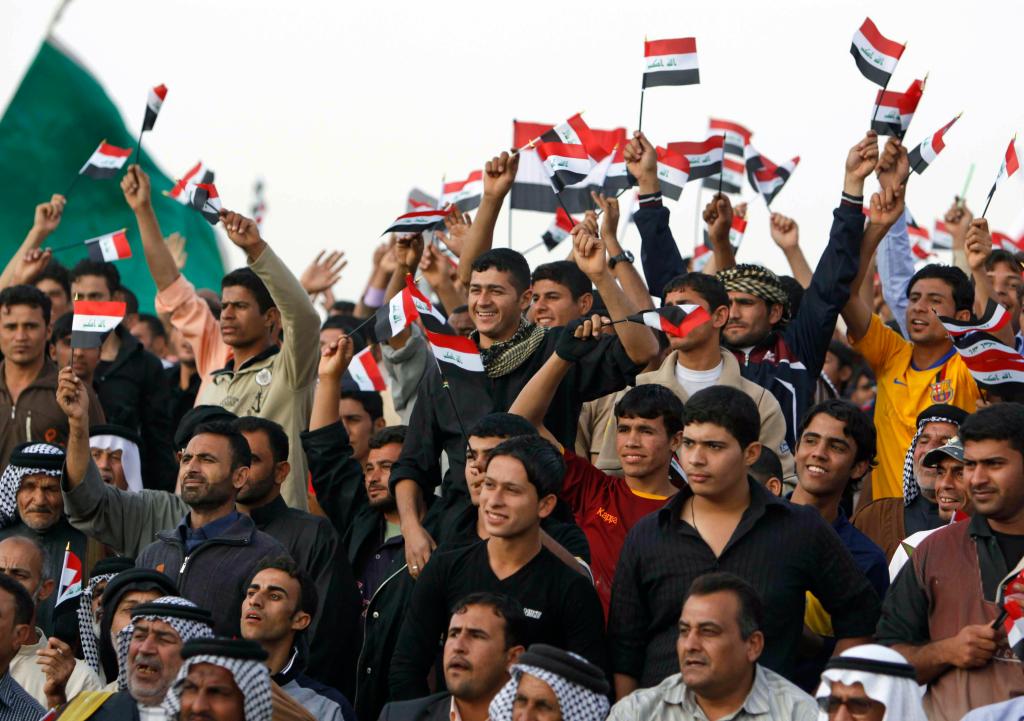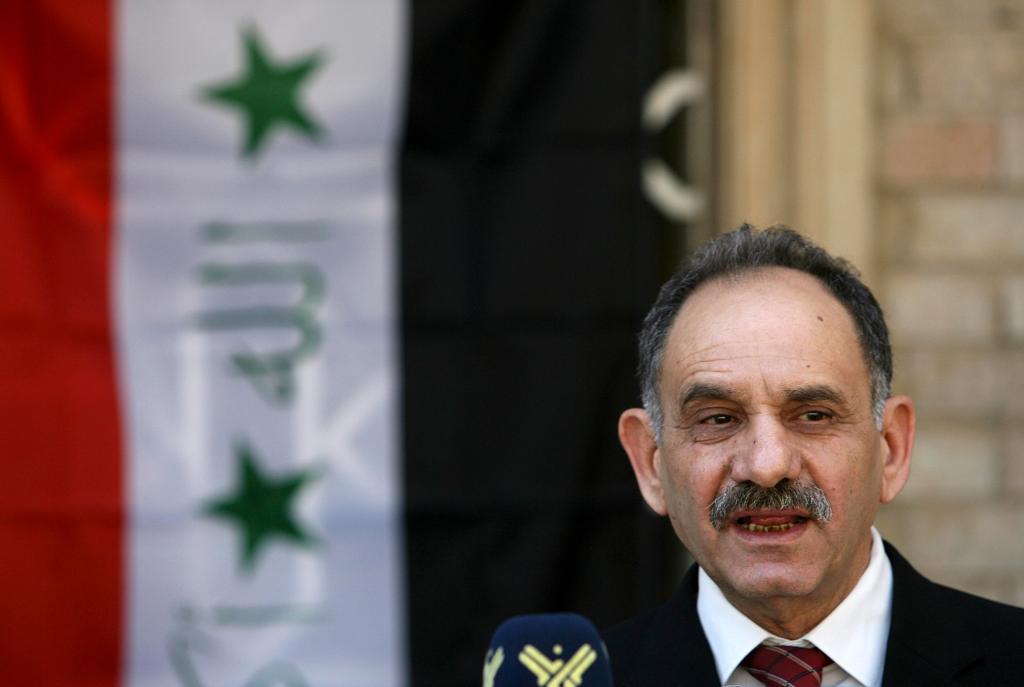BAGHDAD – A top Sunni Arab lawmaker banned from running in Iraq’s March 7 election withdrew his entire party from the campaign Saturday and called on other groups to join the boycott, a move that threatened to undermine the credibility of the vote and raise sectarian tensions.
In announcing his decision, Saleh al-Mutlaq seized on U.S. concerns about Iran’s influence in the political process, an allegation likely to resonate with a Sunni community that is historically suspicious of the intentions in Iraq of Tehran’s clerical rulers.
Al-Mutlaq’s National Dialogue Front has 11 seats in the outgoing legislature, the second-largest Sunni bloc in parliament, and fared surprisingly well in provincial elections in January last year. The group is the main Sunni faction of the Iraqi National Movement, the nation’s top secular alliance that has been expected to pose a tough challenge to Prime Minister Nouri al-Maliki’s Shiite-led coalition.
Sunni leaders have been threatening for weeks to boycott the vote after a Shiite-led panel vetting candidates for suspected ties to Saddam Hussein’s regime blacklisted more than 400, mostly Sunni candidates, including al-Mutlaq, preventing them from running in the parliamentary election. Al-Mutlaq says he quit Saddam’s ruling Baath Party in the 1970s.
The blacklist is seen as targeting Sunnis, though it includes some Shiites. It also has raised allegations of a conflict of interest since the panel vetting the candidates is led by Shiite politicians Ali al-Lami and Ahmed Chalabi, who are both running in the election.
That has unnerved U.S. and international diplomats who are banking on a fair and open election to smooth Iraq’s path ahead as the U.S. prepares to withdraw combat forces this summer and all troops by the end of 2011.
The decision to withdraw all the candidates from the party could open the door to a new round of sectarian bloodshed at a time when the Americans may no longer be able to act as a buffer again between the majority Shiites and the once-dominant minority Sunnis.
”The United States has focused on maintaining adequate conditions for withdrawal, rather than paying due attention to what it leaves behind,” said Peter Harling, an Iraq expert from the Brussels-based think tank International Crisis Group.
Mustafa al-Ani, a Dubai-based Iraq expert, said al-Mutlaq’s decision also will cause concern in the Arab world and the international community since al-Mutlaq represents a community rather than just himself or his party.
”It’s an attempt to strip the election of its legitimacy, but it also will give some rationale to any subsequent violence,” he said.
The National Dialogue Front openly accused the vetting committee of being influenced by Shiite Iran and its hard-line President Mahmoud Ahmadinejad. It also linked its withdrawal to recent statements by U.S. Ambassador Christopher Hill and Gen. Ray Odierno, the top U.S. military commander in Iraq, that linked the vetting committee to Iran.
Copy the Story Link
Send questions/comments to the editors.




Success. Please wait for the page to reload. If the page does not reload within 5 seconds, please refresh the page.
Enter your email and password to access comments.
Hi, to comment on stories you must . This profile is in addition to your subscription and website login.
Already have a commenting profile? .
Invalid username/password.
Please check your email to confirm and complete your registration.
Only subscribers are eligible to post comments. Please subscribe or login first for digital access. Here’s why.
Use the form below to reset your password. When you've submitted your account email, we will send an email with a reset code.